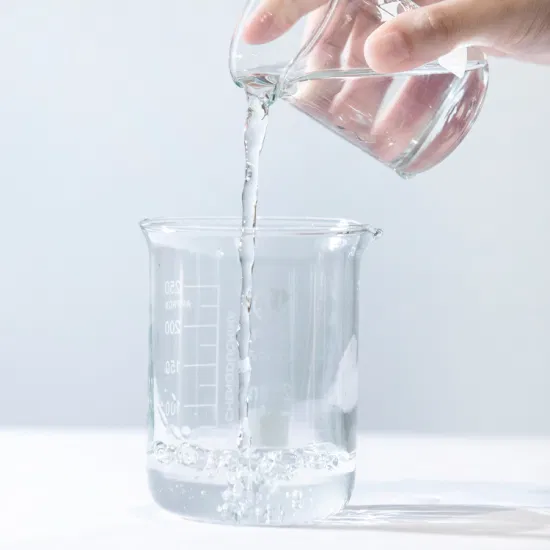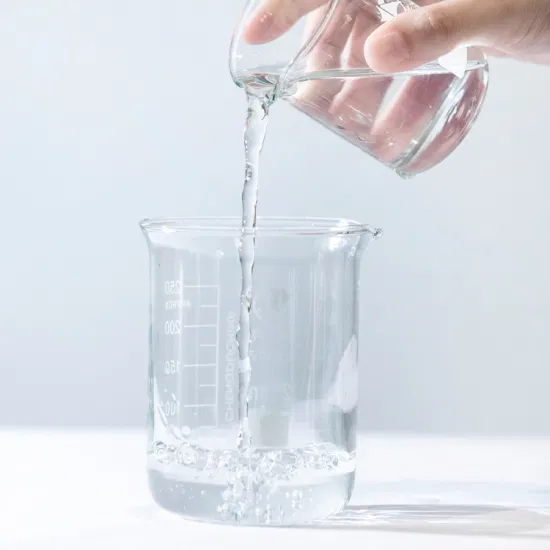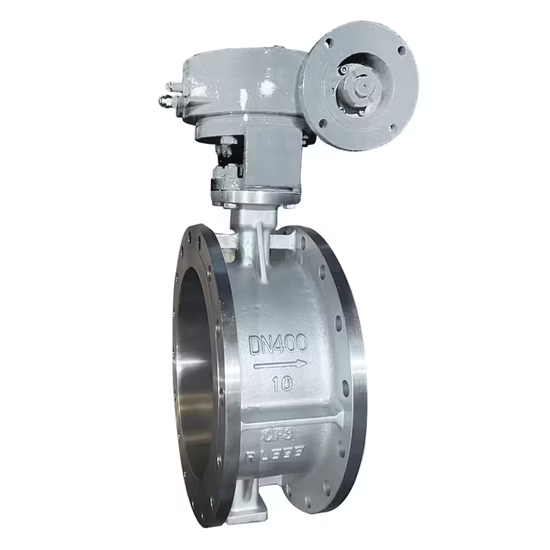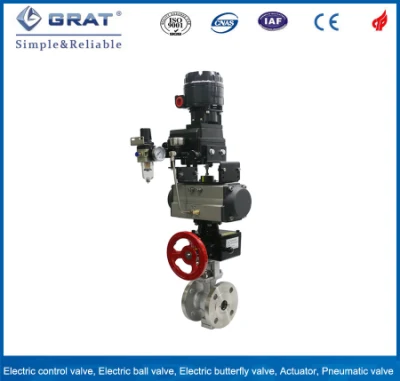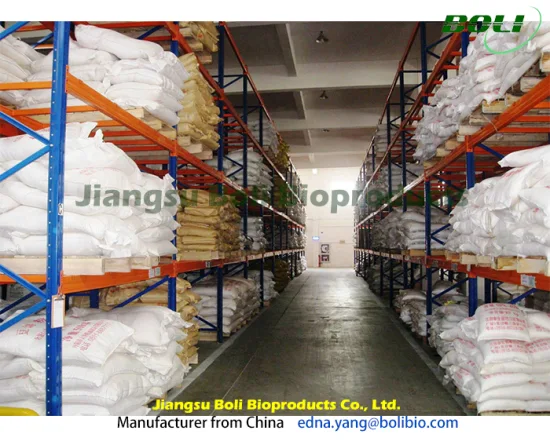
Medium Temperature Alpha
Acid Protease AP-0500S is produced from quality strains of Aspergillus niger through submerged fermentation and a whole
Description
Basic Info.
| Model NO. | AP-0500S |
| Moisture | 8% (Maximum) |
| pH | 2.5-3.5 |
| Declared Enzyme | Acid Protease |
| Systemic Name | Ec 3.4.23.18 |
| Keyword | Feed Grade Protease Enzyme |
| Resource | Natural |
| Transport Package | 25kg Cardboard Drum |
| Specification | Kosher, Halal, MUI Halal, ISO9001 certified |
| Trademark | Boli |
| Origin | China |
| HS Code | 3507909000 |
| Production Capacity | 100 Metric Ton/Month |
Product Description
Acid Protease AP-0500S is produced from quality strains of Aspergillus niger through submerged fermentation and a whole series of extraction and refining process. It can catalyze the hydrolysis of proteins under acidic conditions, thus has found its wide application in the animal feed industry.| Declared Enzyme | Acid Protease |
| Systemic Name | EC 3.4.23.18 |
| Activity | 50,000 U/g (minimum) |
| Appearance | Pale brown powder |
| Moisture | 8% (Maximum) |
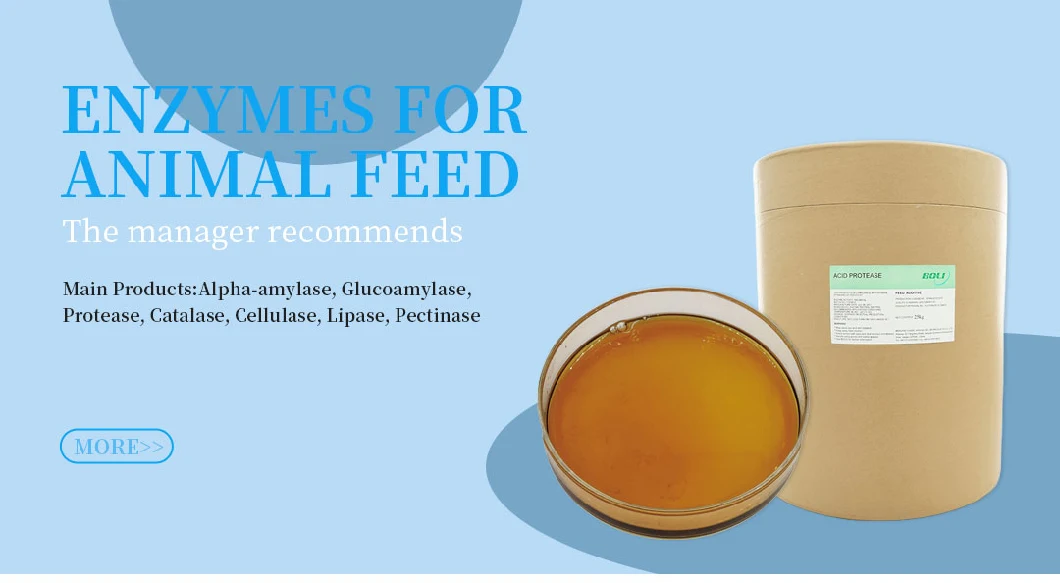
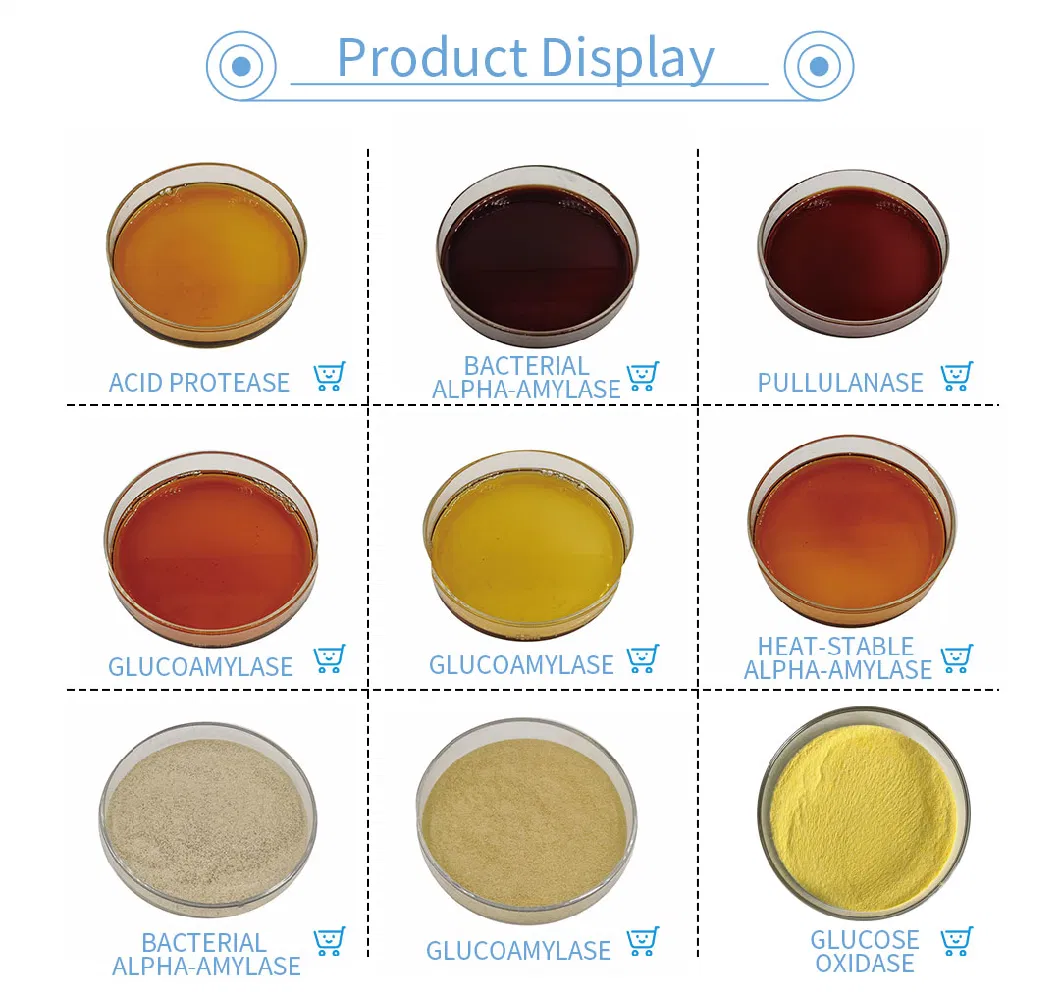
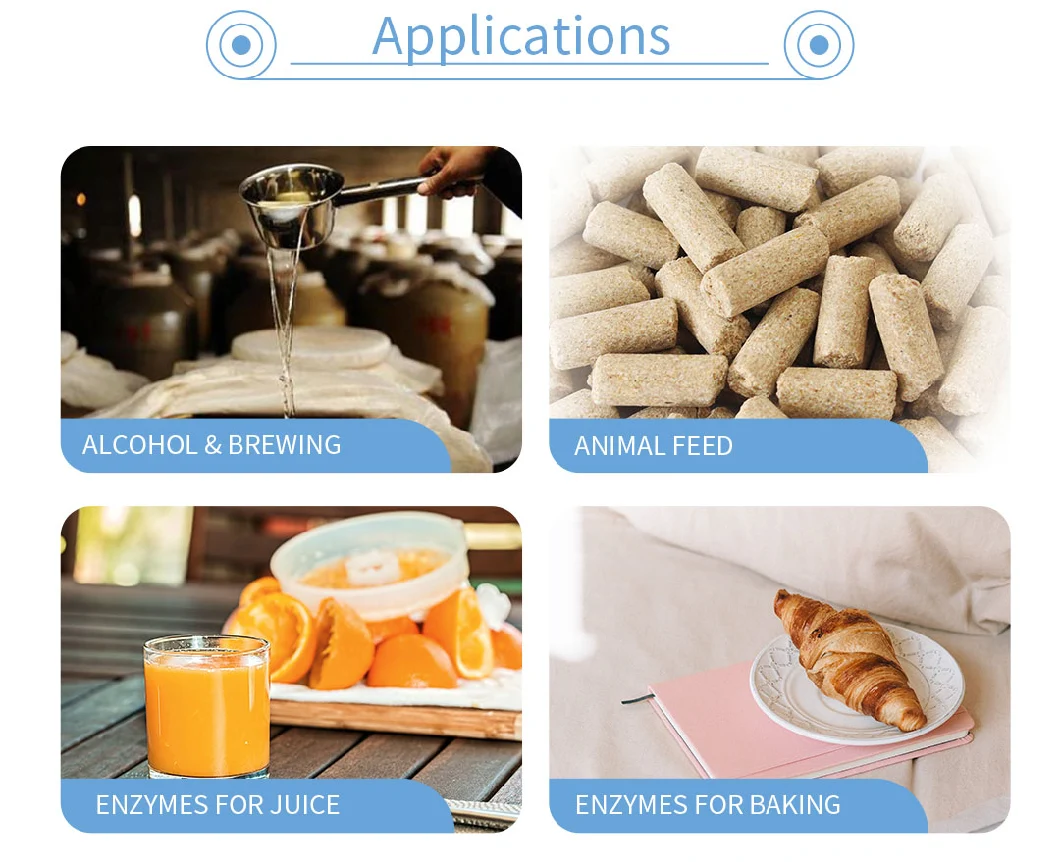
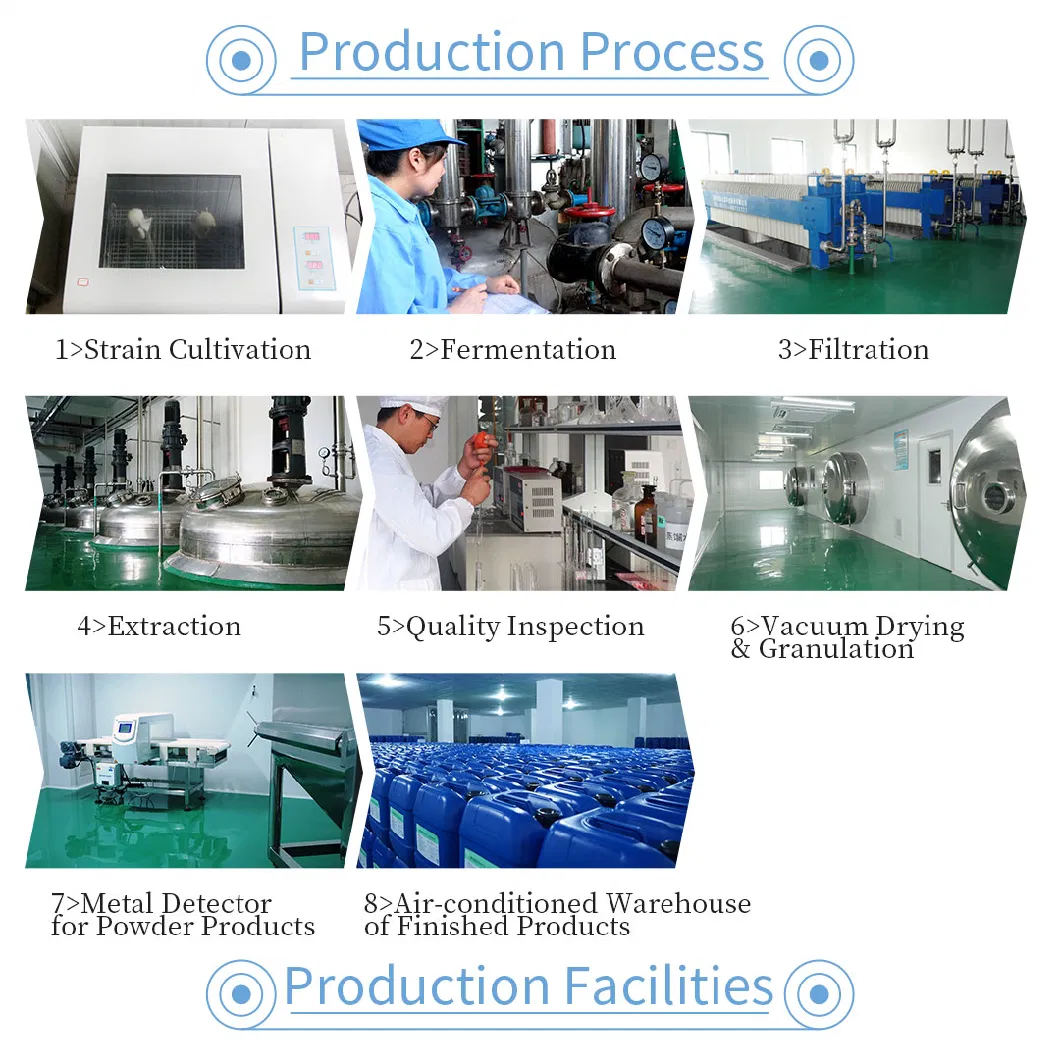
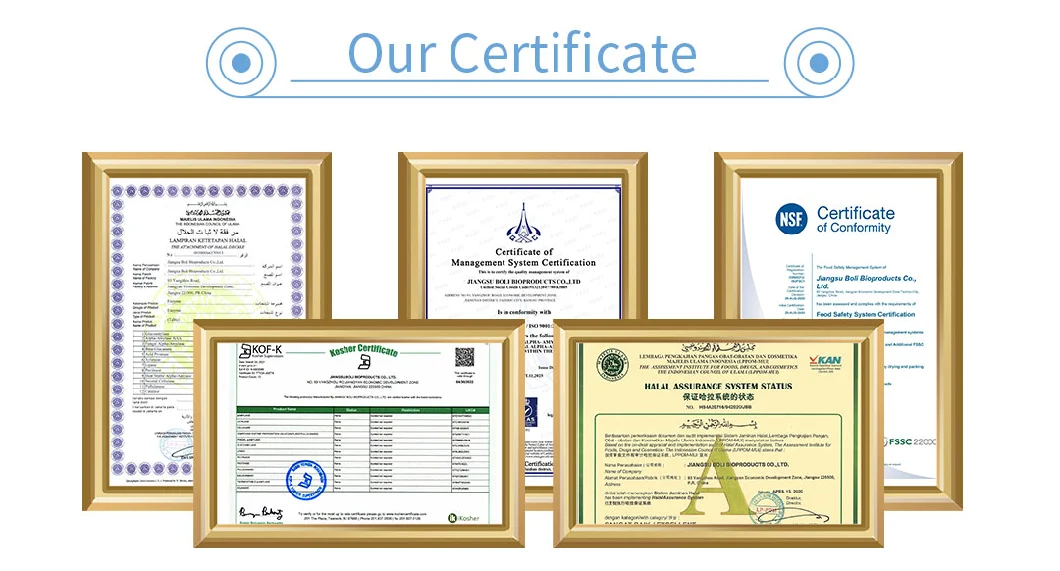
Q1: What is the HS Code for your product?A1: HS code for our products is 350790.
Q2: Can you provide Health Certificate?A2: Due to the restructuring of the government administration departments in China, the former Entry/Exit Inspection & Quarantine Bureau has been integrated into the Customs, and the so-called "Health Certificate" previously issued by the former Entry/Exit Inspection & Quarantine Bureau (now an integrated part of Customs ) is NOT issued any more effective February 1st, 2018. This practice has been well communicated to our current customers since 2018 and we have exported enzymes smoothly without the historic Health Certificate. Instead, we issue the Health Certificate in the name of our Boli Company endorsed by CCPIT(China Council for the Promotion of International Trade), since 2018, which is also accepted by the customer.
Q3: Can you provide Certificate of Origine?A3: Yes, we can. Usually, we will apply the Certificate of Origin issued by the Customs such as CO, Form B, Form E, FTA-Pakistan, FTA Chile etc to help customer enjoy the preferential of import tax.
Q4: How long is your lead time (from the date of order confirmation to shipment)?A4: It depends on the quantity and products.
For products exported for non-food use, if the order quantity is less than 10 metric tons, the lead time will be 15 days. If the quantity is above 10 metric tons, the lead time will be 20 days.If the products are exported for food application which needs Health Certificate, the lead time will be 30 days. This is due to the issuing of Health Certificate at the local Entry-Exit Inspection & Quarantine Bureau is normally finished in 15 working days from date of application.In actual practice, especially for rush orders, some of our customers would prefer to import the food-grade products in the name of industrial use, which means the Health Certificate would not be requested. In this way it would save time and speed up the shipment process. This does not mean that there would be any compromise on the quality. The products are guaranteed to be food-grade even though they would be exported for industrial use for the purpose of saving time.
Q5: What is the difference between food-grade and technical grade products?A5: The typical difference between food-grade and technical grade for the same enzyme product is: the standard of microorganism requirement for food-grade is much stricter than that for technical grade. All of our liquid products arefood-grade.
Q6: How is your product packed?A6: Packaging: 25kg, 30kg HDPE plastic drums, 1125 IBC totes for liquid; 25kg cardboard drum or 20kg draft paper bags with food-grade plastic bags inside or kraft paper bags for powder. We usually fix the drums or bags on pallets with stretch film and cover thermal insulation film
Q7: What is your minimum order quantity (MOQ) ?A7: The minimum order quantity is 400 kilograms.
Q8: What are transportation and storage conditions of your products?A8: All of our finished products are kept in the air-conditioned warehouse with storage temperature controlled below 10°C ( 50°F).During May to September, ocean shipment to Europe (for example, Ireland) is arranged with RF (reefer container) with temperatures controlled at around 5°C.During normal seasons other than summer time, ocean shipment to Europe are arranged with GP FCL (normal container without temperature control).For shipment by LCL (less than on full container), there is no RF container available. So we have to use GP container. The whole pallet is covered and protected with special isolation materials. The air temperature is above 30 degrees centigrade in India, and it takes around 25 day (first by ocean shipment then by inland railway transportation ) from Shanghai to ICD PPG, India. We have arranged the LCL shipment in this way smoothly during the past yearswithout any problem.For Storage at Customer's Warehouse, it is strongly recommended to store the products at air-conditioned warehouse 0~10ºC (32 to 50° F).
Q9: How long is the shelf-life of your products?A9: Typical shelf-life is 18 months provided the product is stored at 0~25° C (0~77° F) in its original packaging, sealed and unopened, protected from the sunlight. Prolonged storage and/or adverse conditions such as higher temperatures may lead to a higher dosage requirement.
Q10: What about your payment term?A10: We are flexible with payment terms like T/T and L/C. Typically, T/T advance is preferred for orders less than one full container, whilst L/C for regular order of full container.
Q11: Can you provide small samples for laboratory test?A11: Yes, we provide small samples free of charge.
Q12: How long can you dispatch the small samples upon request?A12: Normally, small samples of 100 ~ 200 grams are ready for delivery by DHL or Fedex within 15 days upon request.
Our Contact
Send now


